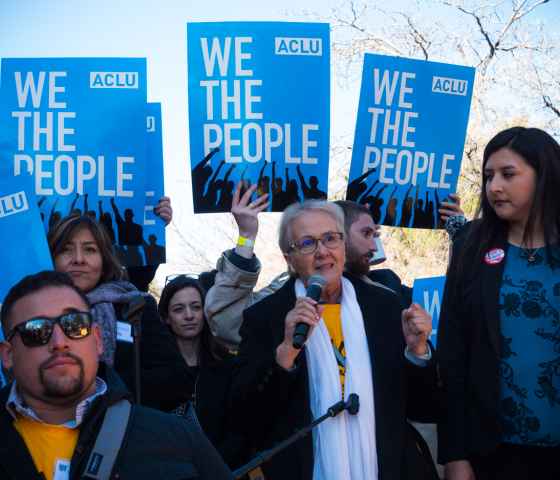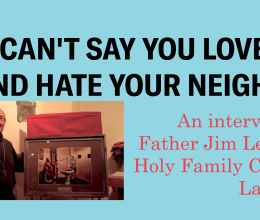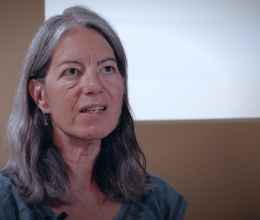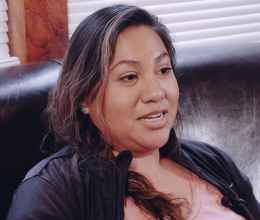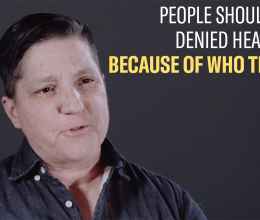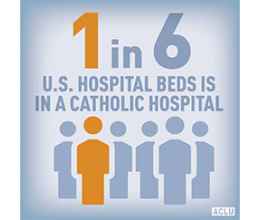When Susan was three months into her first pregnancy, her doctor delivered the kind of news every expectant mother hopes never to hear. Her fetus had stopped developing and her pregnancy was no longer viable. Facing an inevitable miscarriage, she made the difficult decision to terminate her pregnancy to ensure the healthiest and safest outcome. Susan felt the hope and happiness she felt only moments before fade into terrible sadness.
And yet the worst was not over.
In the midst of grieving, her doctor informed her that he would not be able to perform the procedure she needed at the Catholic hospital where he had admitting privileges. He would have to treat her at a different building because the hospital had religious objections to the very care she required.
“I truly felt betrayed and abandoned by the hospital,” said Susan. “It’s the job of the hospital to protect you -- emotionally and physically.”
Religion Over Health in Trump’s Administration
Taking a Stand
